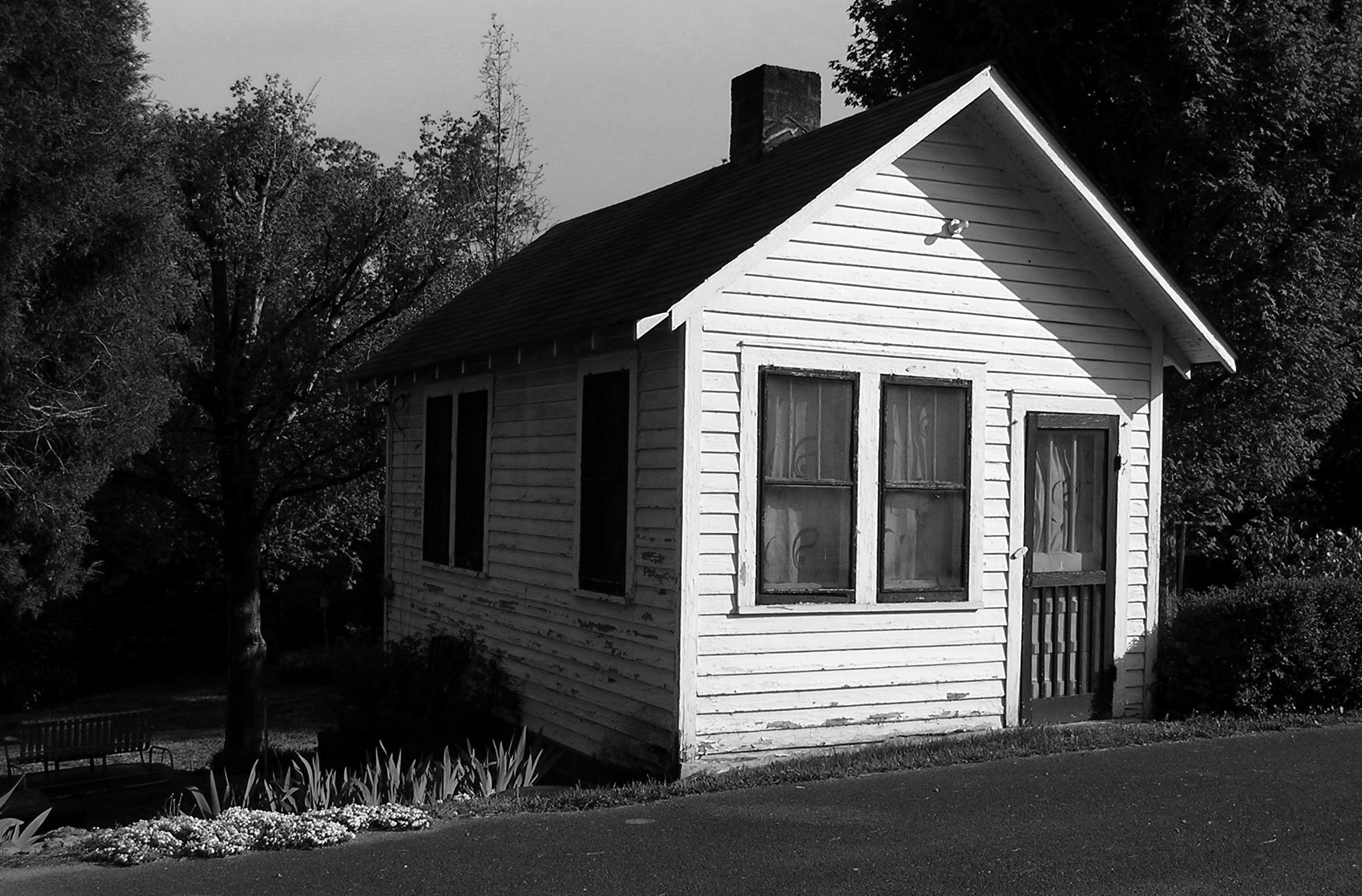Today, when in need of a doctor, one shuffles through their rolodex of physician specialists and makes an attempt to call for an appointment. The initial contact is usually a telephone voice mail: If this is an emergency, hang up and call 911… followed by a multitude of choices to press for the desired objective of your call.
As early as the 1890s, those in need of a physician in the Concord Farragut Community had only to take the patient to the doctor’s home or go by horse and buggy to fetch the doctor for prompt treatment. Histories of the early doctors in the area were: Dr. A.J. Gambill (1832-1910), Dr. Elbert Rodgers (1843-1925), Dr. James A. Mourfield (1855-1938), Dr. Richard M. Tillery (1862-1922), Dr. W.R. Yarnell (1866-1937), and Dr. Carl Henry (1883-1931).

Dr. Malcolm F. and Bessie Lloyd Cobb (courtesy of Julia Cobb Freer)
By 1934, Concord/Farragut patients were treated to a new doctor. Dr. Malcolm Freels Cobb was in private practice for 10 years before entering World War II. In 1944, he was awarded the Silver Star for gallantry in action in France. Newspaper accounts tell that Dr. Cobb administered aid to the wounded even though enemy shells were landing in the immediate area. Daughter Julia Cobb Freer relates a family story of his empathy for people and that even as a child knew he wanted to be a doctor. Her grandmother told of his making pills out of bread, pretending to care for the sick.
Dr. Cobb’s office was in a small building at the rear of his home which was located on Olive Street and Third Drive in Concord, Tennessee. It could be said that Dr. Cobb was the first doctor in the area to have an answering service. Mrs. Retha Hammonds ran the switch board service for Concord Telephone from her home. As such, Mrs. Hammonds could see Dr. Cobb’s office from her side window and was able to tell if the good doctor was home or away and would promptly relay the message when she saw his car appear in the driveway.

Dr. Raphael H. and Mary Beth Householder Duncan (courtesy of Ray Duncan and family)
Around 1954, after his service in the Korean War, Dr. Raphael Hollis Duncan Jr. joined the practice with Dr. Cobb and they moved to Kingston Pike forming the Cobb-Duncan clinic. The community was fortunate in that both doctors were educated in the latest medical practices and both, after attending the University of Tennessee Medical School, had served an internship at Knoxville General Hospital. During the early years of their practice, they had a full day of treating patients followed with house calls after hours regardless of the time of night or the weather. From delivering babies to caring for the invalid shut-in, they provided quality and caring health care for their patients in the rural Farragut area, regardless of their ability to pay.
The writer remembers their visits to the home. The caregivers of the sick were always grateful to see the doctors on their arrival. The children in the home were shushed and aligned on the couch while the comforting presence of the doctor was evaluating the patient.
Dr. Cobb had a soothing bedside manner and the writer remembers he would always gently pat the hand and say “I know exactly how you feel.” And Dr. Duncan always generated a calming presence as he entered the door, removing his hat, setting down his medicine bag, and giving everyone a warm hello. What a welcome sight they were!
Both doctors were also active in community and church activities. Dr. Duncan served as organist for First Baptist Concord from 1954-89. Often, one would see a “psst” from a rear door and a motion for Dr. Duncan. He would exit stage left with little black bag in hand leaving the congregation to continue singing a cappella.
Daughter Alice Duncan Willingham relates that an out-of-town trucker had stopped at the office needing medical attention. Later they received a letter from the trucker addressed to “the doctor’s office across the road from a school on a hill on highway 11-70 where the traffic light is in the middle of nowhere.” And the letter actually made its way to the Cobb-Duncan office!
Dr. Cobb hung up his stethoscope in 1982 and Dr. Duncan retired in 1995 but not before he was one of the founding physicians who partnered with HCA (Hospital Corporation of America) to establish Park West Hospital in 1973. Even today they are remembered as two caring and devoted professionals that are well respected and loved.
Mona Isbell Smith is a retired computer systems analyst who enjoys freelancing.

